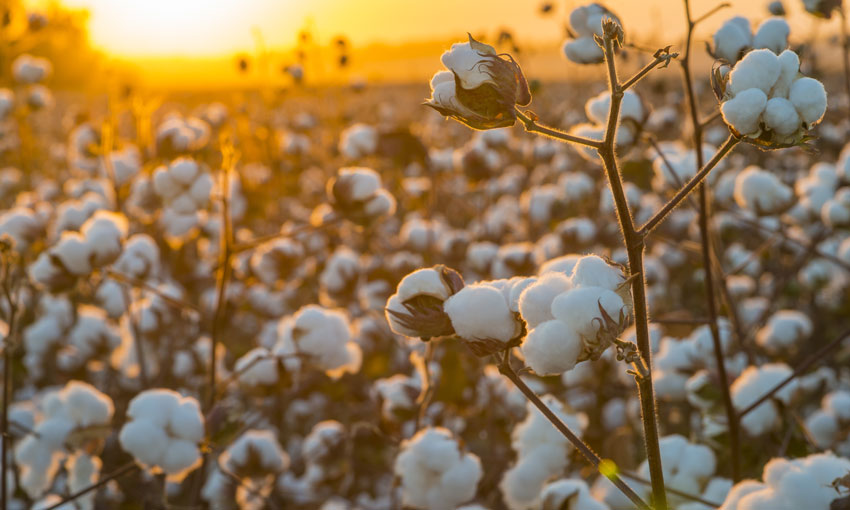MILLS in China are being told to stop buying Australian cotton, the ABC has reported.
According to the national broadcaster, sources have told them the cotton industry could face tariffs as high as 40%.
There are fears cotton, like barley, beef and coal, appears to be getting caught up in a wider geopolitical row, with relations between China and Australia seemingly deteriorating since Prime Minister Scott Morrison’s comments about the need for a COVID-19 inquiry.
Rigby Cooke Lawyers partner and trade expert, Andrew Hudson, said while there are a variety of formal mechanisms in place in trade agreements and at the World Trade Organization to resolve trade disputes, “they take time, effort and cost which may not make them immediately useful to Australia and other countries for these disputes”.
“While many are putting faith in diplomatic and commercial relationships to resolve or reduce Australia’s disputes in the short term, Australian exporters will no doubt be taking steps to diversify their trade with other countries with which we happen to have free trade agreements either now or, hopefully in the near future,” Mr Hudson said.
“It is fortunate that there are these options available and we have agencies such as DFAT and Austrade to advance the Australian cause.”
Mr Hudson wrote about international trade disputes for the October edition of Daily Cargo News.
“However, even since the date I wrote that article there have been further examples of trade being used in a dispute between Australia and China,” he said.
In a statement, Australian Cotton Shippers Association they were working to understand the apparent changes.
“It has become clear to our industry that the National Development Reform Commission in China has recently been discouraging their country’s spinning mills from using Australian cotton,” the ACSA said.
“Our industry is working with the Australian government, including the trade and agriculture ministers’ offices, to investigate the situation and fully understand what is going on.”
The ACSA said the industry had earned a reputation as a reliable international supplier of cotton with fast shipping times to export destinations and reliable delivery.
“Our crop is in strong demand internationally and can attract a price premium due to its high quality, excellent sustainability credentials, reliability and a proven track record in meeting manufacturer and consumer needs, including in China,” the ACSA stated.
Key stats:
- Australian cotton is exported through Brisbane, Sydney and Melbourne.
- In 2018, the main markets for Australian cotton were China, Vietnam, Bangladesh and India.
- In 2016/17, Australia was the third-largest exporter of cotton in the world (behind the USA and India).
- More than 1.47bn kilograms of cotton seed was produced in Australia in 2017/18
- Mostly exported in forty-footy containers (FEUs)
Source: Cotton Australia and Queensland Transport & Logistics Council

